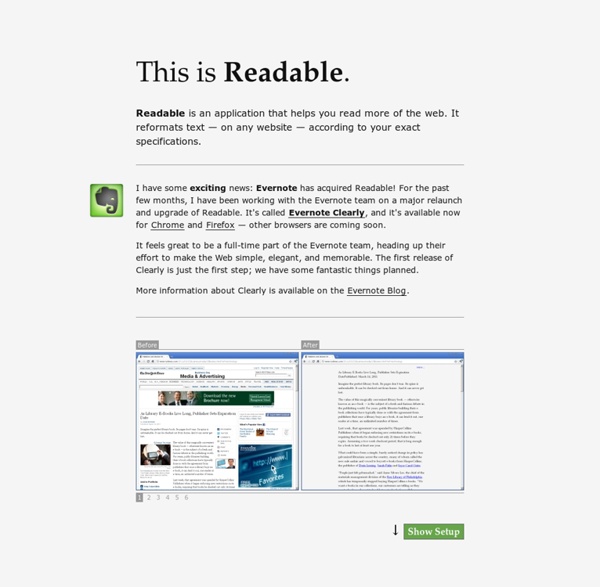



FableVision VoiceBunny: Fast and professional voice overs. Readmill Using QR Codes in Job Search by Hannah Morgan on May 17, 2011 QR codes…say what? Quick Response code. If you could direct someone to one page on the internet to learn more about you…where would you send them? Your LinkedIn profile? Chris Brogan has talks about having a “Home Base” which is sort of what I am talking about. Where would I put this QR Code thing? Your business card is the best place. Could you put one on your resume? Now, think about having a QR code. Generating a QR code: There are tons of QR code generators out there right now. Reading a QR code: So you are probably wondering, how does one scan this? So what are you waiting for? Don’t trust me?! QR Codes for HR and Recruiting by Blogging4Jobs 3 Ways to Spark Your Job Search Using QR Codes from PersonalBranding 101
GrafMe : Montage photo en ligne - Montages et création de GIF animés en ligne. Online Speed Reading Simply start by clicking on the Play button on the left. Reading is that one activity that we do every day but we don't really practice. Most people learn the basics of reading in kindergarten and never graduate to the next levels. You are probably using the same basic rudimental tools and techniques that you learned when you were 6. The average American person reads at an average speed of 180 to 240 words per minute and has done so since he was 16 years old. Does it make sense that we hit our best performance at age 16 and that we don't improve much after that? Keep in mind less than 10% read at 400 words per minute and less than 1% faster than 600. Have you ever wished you could take one of those costly speed reading courses? The problem with those courses is that you have to keep practicing those techniques until they become second nature. That's the goal of this site. We are here to keep you focused and to help you improve your speed reading everyday. What is sub-vocalization?
50+Ways - home eye ooo Draw on any webpage. Share thoughts. Move ideas. - Markup